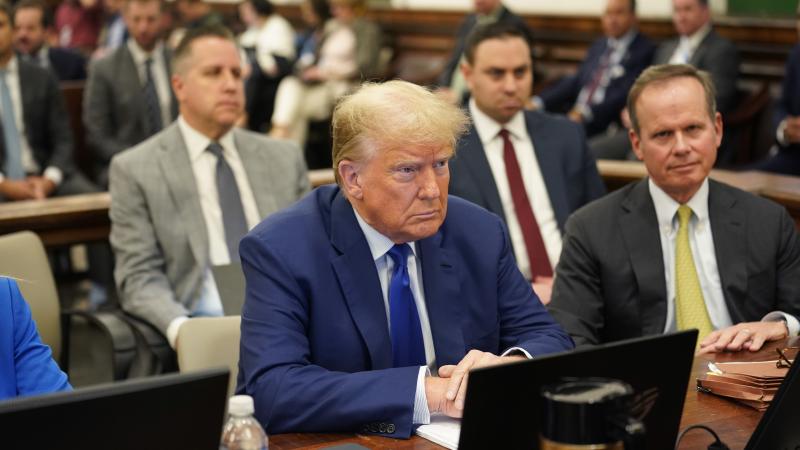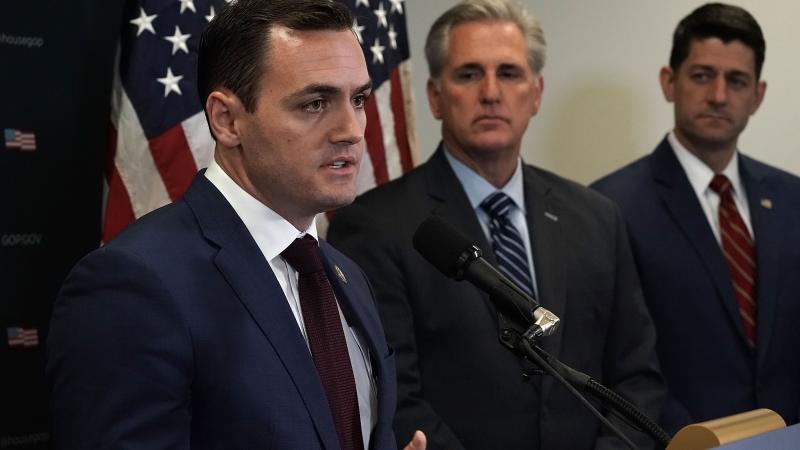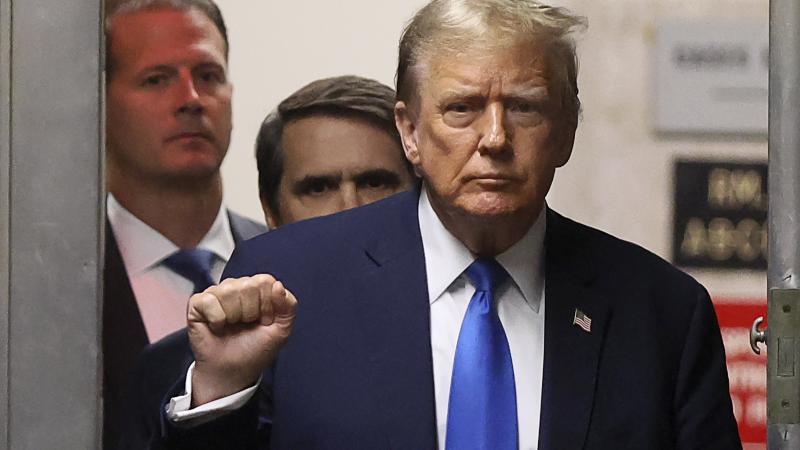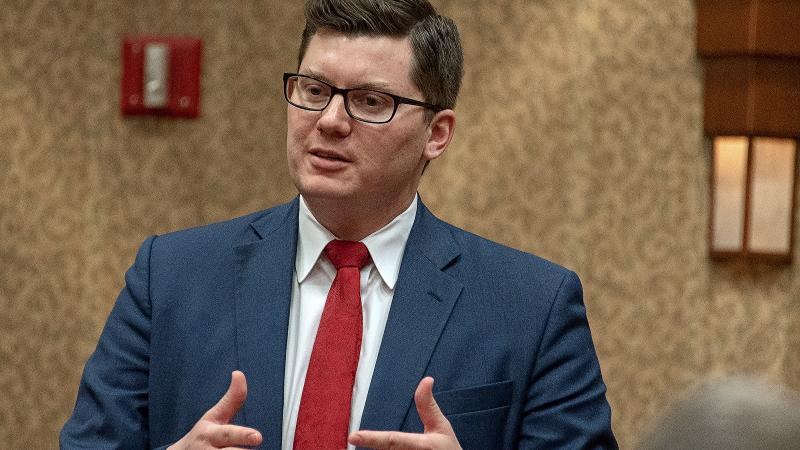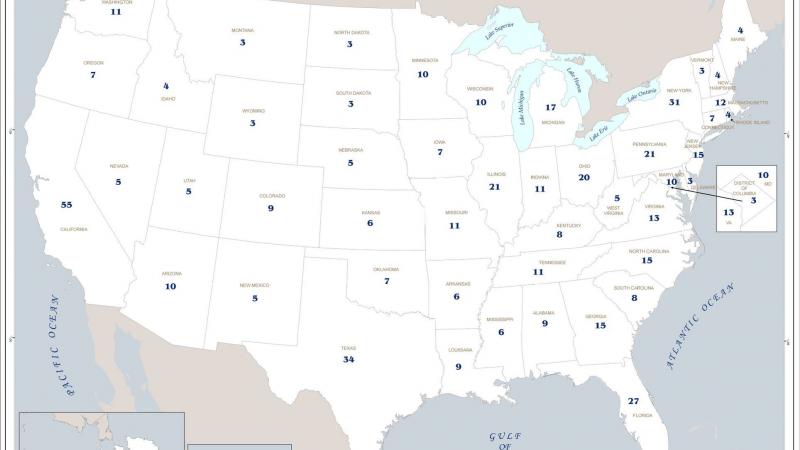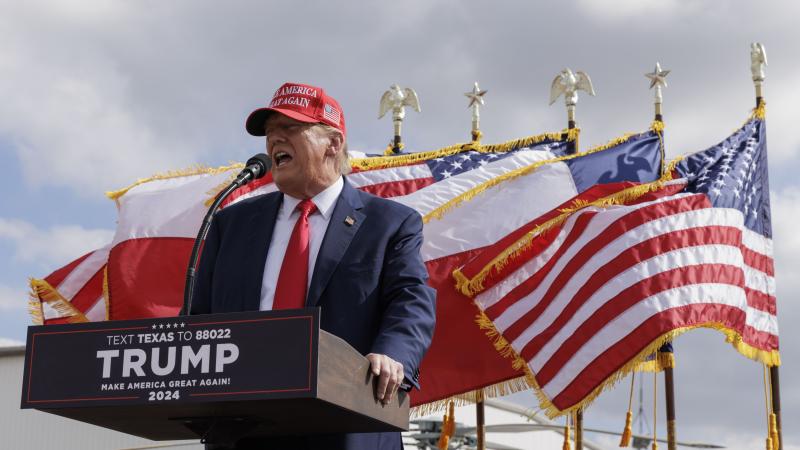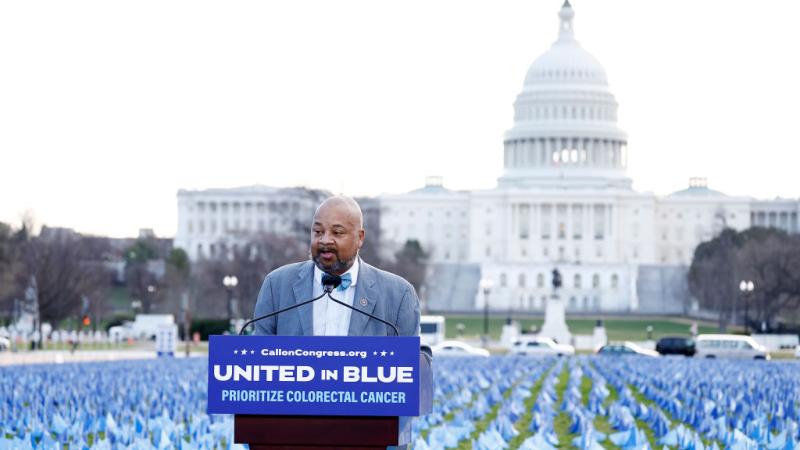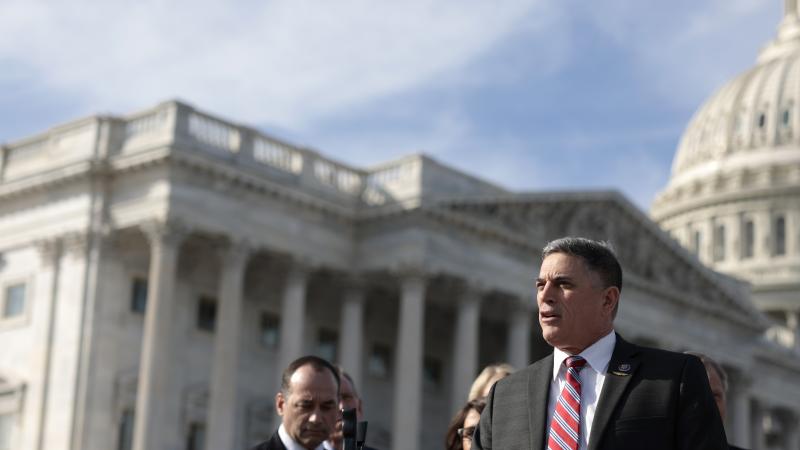CDC admits goof on COVID vax link to heart inflammation in feds' second recent FOIA botch
Contrary to open records response, CDC pointed to myocarditis risk from vaccines as early as June 2021.
Federal public health bureaucracies are having a bad stretch in response to Freedom of Information Act requests related to COVID-19, first accidentally unmasking a National Institutes of Health official who deleted Chinese-submitted coronavirus data and now providing false information about the CDC's knowledge of heart inflammation following vaccination.
The CDC admitted its goof after The Epoch Times reported that its FOIA response denied the agency had any reports from the "Myopericarditis abstraction team" in the Vaccine Adverse Events Reporting System between April 2 and Oct. 2, 2021.
During that period, "no abstractions were performed for myocarditis: an association between myocarditis and mRNA COVID-19 vaccination was not known at that time," FOIA Officer Roger Andoh told reporter Zachary Stieber July 29. "Likewise, we have no reports during that period."
CDC researchers highlighted the vaccine-heart inflammation link in a June 2021 "editorial" in the Journal of the American Medical Association Cardiology, citing the journal's new published studies from Duke University Medical Center and the U.S. Military Health System and an earlier Pediatrics study led by Oregon Health and Science University researchers.
"During the clinical evaluations of these patients, alternative etiologies [causes] for myocarditis were not detected," including COVID infection itself, the CDC researchers wrote. The typical presentation was "[a]cute onset of chest pain 3 to 5 days after vaccine administration, usually after a second dose," a rare occurrence with other vaccines and "causally linked only with smallpox immunization."
The editorial noted the CDC advisory committee met days earlier to discuss the observed post-vaccination myocarditis and discuss "a benefit-risk assessment of COVID-19 mRNA vaccination programs in adolescents and young adults." The American Medical Association came out against mandates earlier that month, saying COVID vaccines should first receive "full approval."
An agency spokeswoman conceded it needed to correct the FOIA response. "Additional data accumulated in subsequent months, ultimately leading to the conclusion that a causative association did indeed exist," she told the Times. "However, such a conclusion required time to accumulate and analyze data."
The agency didn't respond to Just the News queries asking how common such errors are and whether they illustrate overworked FOIA officers or an understaffed operation.
Sen. Ron Johnson (R-Wisc.) said the false response "raises even more questions about the agency's honesty, transparency, and use, or lack thereof, of its safety surveillance systems" to detect vaccine-related adverse events. He told the Times the CDC has not responded to June 23 and July 25 letters asking about "the agency's inability to find records demonstrating its use" of those systems.
The government asked a court last month to retroactively seal FOIA documents identifying NIH genetic sequencing database "curator" Rick Lapoint and Chinese researcher Kangpeng Xiao, who convinced him to delete March 2020 submitted sequences. Their identities had also been disclosed 19 months earlier in different litigation.
U.S. Magistrate Judge John Anderson rubber-stamped its proposed order July 22. Whistleblower assistance group Empower Oversight, which is suing for further disclosures, filed an objection July 27 noting the judge approved the order "five minutes" before it filed its "timely" opposition.
The docket shows a hearing has been set for Aug. 12 to consider NIH's motion for summary judgment and Empower's motion to set aside the sealing order.
The Facts Inside Our Reporter's Notebook
Documents
Links
- accidentally unmasking a National Institutes of Health official
- The Epoch Times
- FOIA response denied the agency had any reports
- Journal of the American Medical Association Cardiology
- Pediatrics study
- American Medical Association came out against mandates
- June 23 and July 25 letters
- retroactively seal FOIA documents




